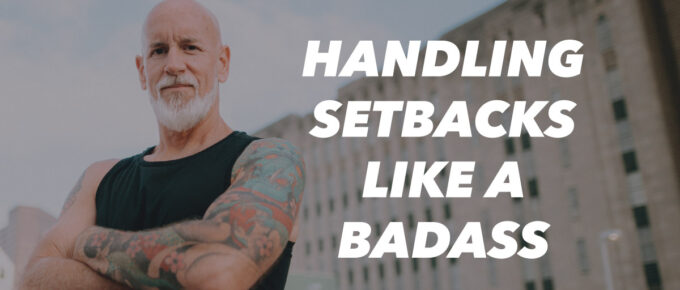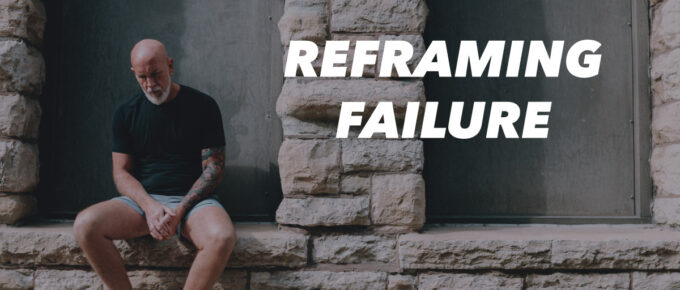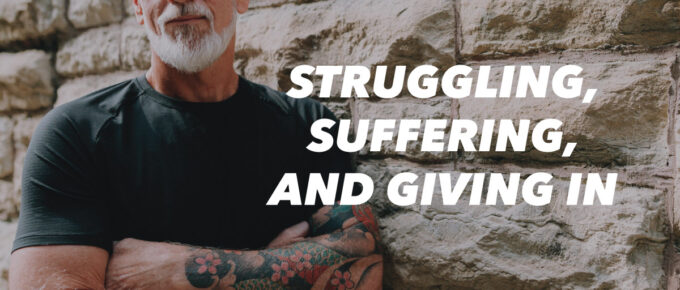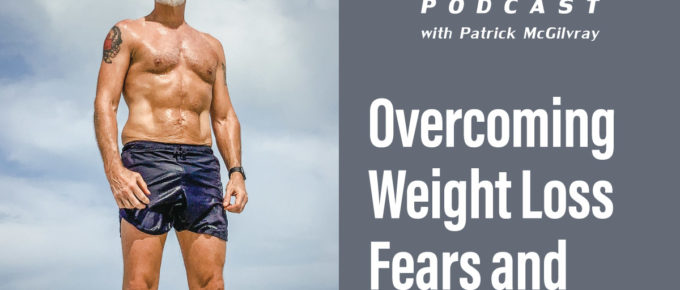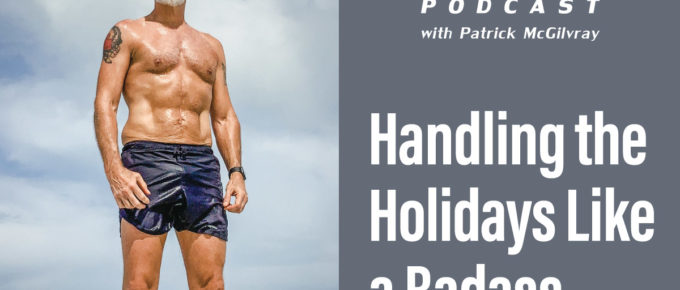At some point in your weight loss journey, you will experience a setback. This is normal and nothing to be ashamed of. But most people just do not handle setbacks very well. They get down on …
Continue Reading about 176. Handling Setbacks Like a Badass →

